Research to policy Making research count in international climate change processes
The parallel negotiating tracks, technical bodies, committees and experts create a tangled web, further complicated by the involvement of diverse countries and observer networks of intergovernmental and civil society organizations. Within this complex process, research outputs can very easily be lost.
So, in early 2014, CIFOR took steps to enhance its engagement with these negotiations. Our international law and policy experts and our researchers have been working closely together, increasing efforts to contribute to the myriad of relevant issues and taking steps to ensure negotiators and stakeholders have the information they need to find agreement.
SbSTA (The Subsidiary body of Science and Technological Advice)
A permanent UNFCCC body that negotiates the scientific and methodological details related to climate change mechanisms.
ADP (The Ad Hoc Working Group on the Durban Platform for Enhanced Action)
The UNFCCC working group negotiating the new climate change agreement as well as ways in which to enhance pre-2020 mitigation action.
The Green Climate Fund
The UNFCCC funding mechanism for allocating and prioritizing finance to support climate change mitigation and adaptation in developing countries.
Providing technical advice
We became accredited with the Green Climate Fund (GCF), which has opened new opportunities for providing technical advice on REDD+, safeguards, gender, governance and climate finance.
Analyses for experts
Our Senior Policy Analyst has produced articles following UNFCCC, GCF and Standing Committee on Finance meetings. These detailed analyses of the developments in the negotiations have been distributed widely through networks of REDD+ negotiators and CSOs, and on social media.
Our analysis of new developments on REDD+ within the GCF was requested by multiple REDD+ negotiators and contributed to the development of the GCF Results Based Payments Framework.
We also analyzed two UNFCCC submissions processes concerning non-carbon benefits, safeguards and alternative policy approaches to REDD+. The analyses provided an unbiased and balanced view on the issues raised by Parties and observers and were widely sourced by REDD+ negotiators and observers.
Research at work
CIFOR publications have been cited and used by many technical bodies and observer networks, for example at SbSTA meetings, in UNFCCC publications, and by the Alliance of Small Island States.
Talking science to the international community
Many CIFOR scientists have presented at side events to UNFCCC meetings and other international climate forums. For example, CIFOR's Louis Verchot was invited as an expert panelist to present on the landscapes approach at the UNFCCC Land-Use Technical Expert Meeting, and CIFOR's Amy Duchelle, based in Brazil, spoke at Acre’s Governors’ Climate and Forests Task Force.
A bigger voice with better evidence
Civil society organizations can be powerful advocates, especially when provided with a strong evidence base. We have strengthened our relationships with CSOs engaged in the international negotiations, ensuring they have easy and greater access to CIFOR research and a voice at our international events.
Sharing lessons from REDD+ on the ground
Launched on the sidelines of COP20, a new CIFOR book explores the lessons learned from 23 diverse REDD+ initiatives across the globe - important insights leading up to COP21.
Explore the book at cifor.org/redd-case-book/
Related publications





